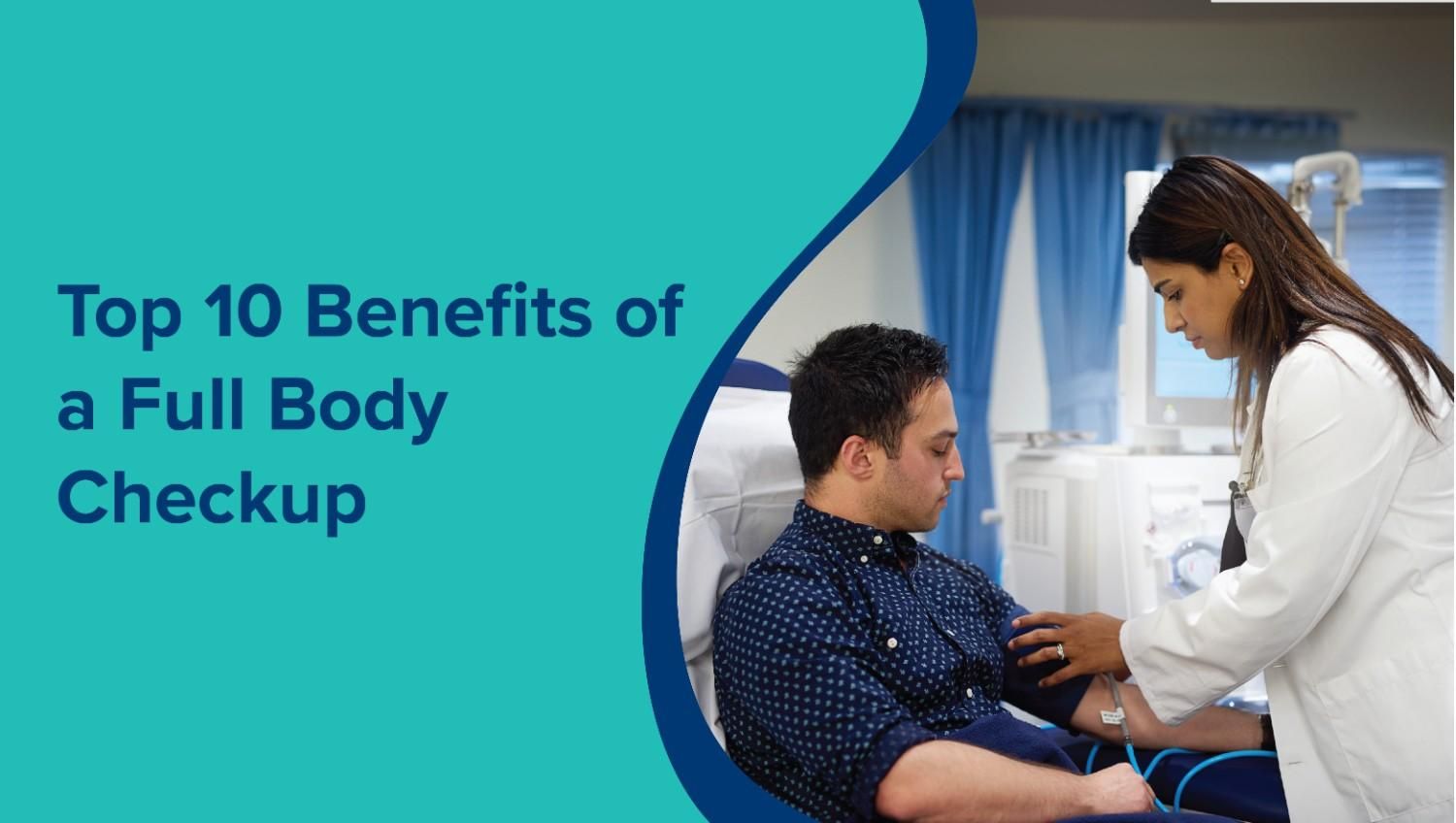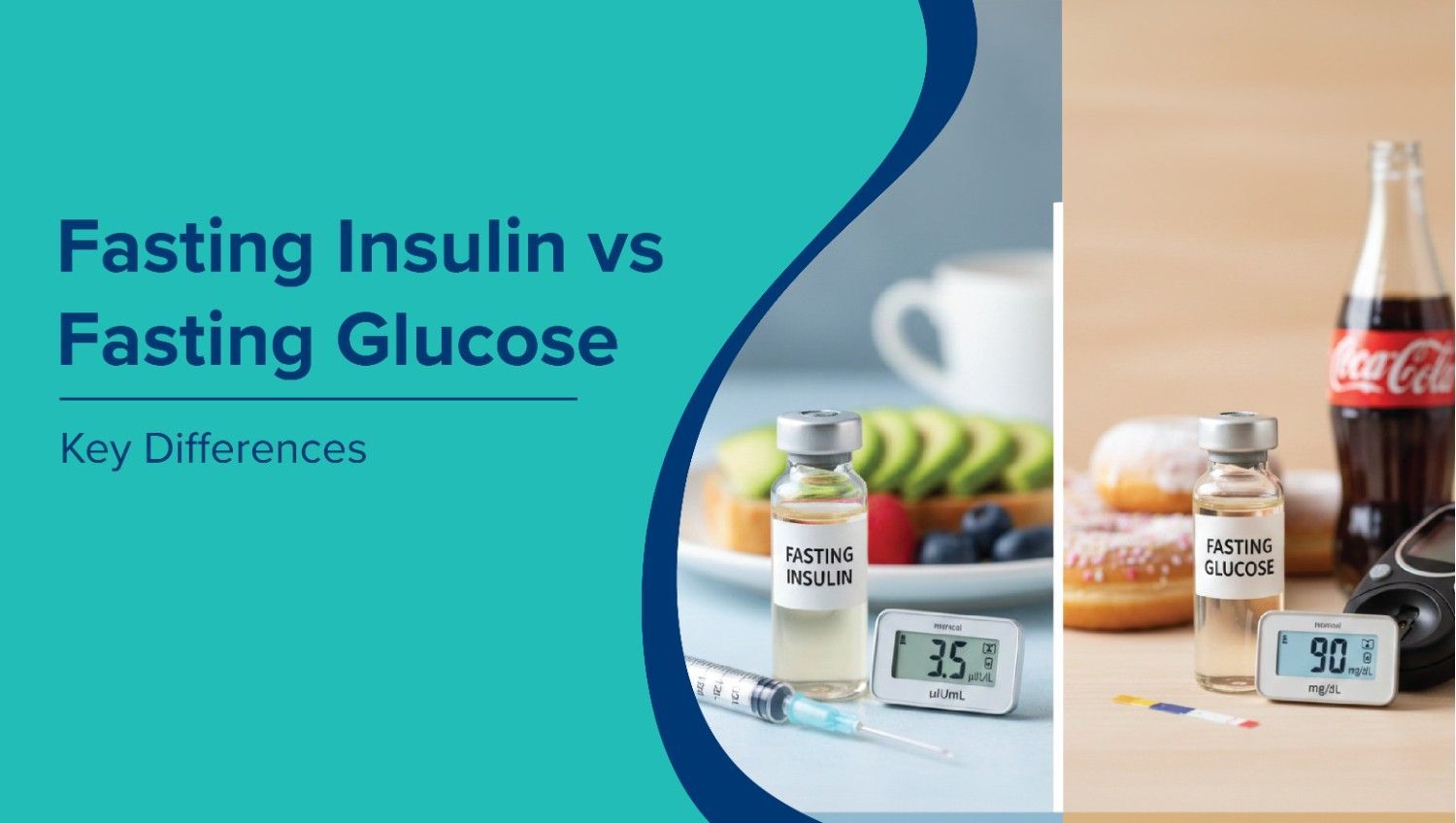Food poisoning is an unpleasant and often unexpected consequence of consuming contaminated food or drinks. Whether caused by bacteria, viruses, parasites, or toxins, food poisoning can range from mild discomfort to severe illness requiring medical attention. Understanding the symptoms, identifying the underlying causes, and knowing how to respond with proper treatment and preventive measures is essential for protecting yourself and your loved ones. In this article, we explore everything you need to know about food poisoning, from common signs and diagnostic approaches to effective remedies and long-term prevention tips. Let’s start with understanding the condition.
What is Food Poisoning?
Food poisoning is an illness caused by eating contaminated food or drinking unsafe water. It occurs when harmful microorganisms such as bacteria, viruses, or parasites enter the digestive system and disrupt its normal functioning. These contaminants can multiply quickly under poor food handling conditions, leading to infection or the release of toxins that irritate the gut.
Most cases of food poisoning are mild and resolve within a few days, but some can lead to serious health complications, especially in vulnerable individuals such as young children, older adults, and those with weakened immunity. Understanding what food poisoning is and how it spreads is crucial for both prevention and timely treatment.
Common Symptoms of Food Poisoning
Food poisoning symptoms can begin within a few hours of consuming contaminated food or may take a day or two to appear. The intensity of these symptoms can vary depending on the cause and the individual’s health status. Here are the most common signs to watch out for:
- Diarrhoea: Frequent loose or watery stools are among the earliest and most noticeable symptoms.
- Nausea and vomiting: A common response to toxins and pathogens in the digestive system.
- Stomach pain and cramping: Discomfort in the abdomen due to inflammation or irritation.
- Fever: A mild to moderate fever may develop as the body fights off the infection.
- Headache: Often associated with dehydration or overall body weakness.
- Weakness: Fatigue and low energy levels due to loss of fluids and electrolytes.
Main Causes of Food Poisoning
Food poisoning causes are typically linked to the presence of harmful microorganisms or substances in food or water. These contaminants can enter the food chain at any stage, during production, processing, or preparation. The most common culprits that can cause food poisoning include:
- Bacteria: Pathogens such as Salmonella, Escherichia coli (E. coli), and Listeria are leading bacterial causes of foodborne illness.
- Viruses: Norovirus and Hepatitis A can spread through improperly handled or uncooked food.
- Parasites: Giardia and Toxoplasma are examples of parasites that can infect the digestive tract through contaminated meat or water.
- Fungi: Moulds on spoiled food can produce toxins, especially when left unrefrigerated or exposed to moisture.
- Toxins: Natural toxins found in some plants or seafood, or toxins produced by bacteria during spoilage, can also trigger food poisoning.
- Chemicals: Pesticide residues, cleaning agents, or heavy metals in food may lead to chemical poisoning if consumed.
How Food Poisoning is Diagnosed
Diagnosing food poisoning involves a combination of clinical assessment and laboratory tests to confirm the cause of symptoms. Since it often resembles other gastrointestinal illnesses, accurate diagnosis is important, especially in severe or prolonged cases.
- Physical examination: Doctors begin by evaluating signs such as abdominal tenderness, fever, and dehydration.
- Stool tests: A sample may be tested to identify bacteria, viruses, or parasites responsible for the infection.
- Blood tests: These are used to detect inflammation, systemic infection, or electrolyte imbalances caused by severe diarrhoea and vomiting.
- Patient food history: Information about recent meals, outside food intake, and timing of symptoms helps narrow down potential sources.
Treatment Options for Food Poisoning
Food poisoning treatment depends on the severity of symptoms and the underlying cause. While mild cases often resolve on their own, moderate to severe infections may require medical intervention.
- Rehydration therapy: The primary focus is replacing lost fluids and electrolytes through oral rehydration solutions (ORS) or intravenous fluids in severe cases.
- Antidiarrhoeal medications: These may be prescribed to reduce the frequency of stools, but are usually avoided in certain infections where passing the bacteria is necessary.
- Antibiotics: Used selectively when the cause is bacterial and symptoms are severe or persistent. Overuse is avoided to prevent resistance.
Home Remedies for Managing Food Poisoning
For mild cases, certain home remedies for food poisoning can help soothe symptoms and support recovery. These remedies focus on hydration, digestive relief, and gentle nourishment:
- Oral Rehydration Solution (ORS): Helps restore fluid and electrolyte balance lost through diarrhoea and vomiting.
- Ginger tea: Known for its anti-inflammatory and digestive properties, it may ease nausea and stomach cramps.
- Increase fluid intake: Water, clear broths, and herbal teas keep the body hydrated and help flush out toxins.
- Eat light, easily digestible foods: Plain rice, bananas, toast, and curd are gentle on the stomach.
- Apple cider vinegar: Diluted ACV may help neutralise stomach acidity and improve digestion.
- Probiotics: Natural sources such as curd or supplements can help restore gut flora.
- Rest and recovery: Allowing the body time to heal is essential for a full recovery.
Note: While these home remedies for food poisoning can provide relief, they are not substitutes for medical care in serious cases.
When to Seek Medical Attention
While most cases of food poisoning resolve within a few days, some situations require urgent medical attention to prevent complications. A doctor should be consulted if the following signs are present:
- Persistent vomiting that prevents fluid intake
- High fever (above 101°F or 38.5°C)
- Severe abdominal pain or cramping
- Blood in stools or vomit
- Signs of dehydration, such as dry mouth, reduced urination, or dizziness
- Symptoms lasting more than 2–3 days
- Food poisoning symptoms in high-risk individuals such as infants, elderly people, or pregnant women
Preventive Measures for Food Poisoning
Preventing food poisoning starts with safe food practices, both at home and outside. Following basic hygiene and cooking precautions can significantly reduce the risk of contamination:
- Proper food handling: Wash fruits, vegetables, and raw ingredients thoroughly before use.
- Clean cooking surfaces: Disinfect kitchen counters, cutting boards, and utensils regularly.
- Refrigeration of perishables: Store meat, dairy, and leftovers at the correct temperature to prevent bacterial growth.
- Avoiding cross-contamination: Use separate boards and knives for raw and cooked foods.
- Personal hygiene during cooking: Wash hands before and after handling food, especially raw meat or eggs.
High-Risk Groups for Food Poisoning
While anyone can get food poisoning, some individuals are more vulnerable to severe illness and complications. Extra care must be taken to prevent exposure and ensure early treatment in the following groups:
- Infants and young children: Their immune systems are still developing, making them less capable of fighting off infections.
- Elderly individuals: Ageing bodies have reduced immunity and may not recover quickly from fluid loss or infection.
- Pregnant women: Hormonal changes and a weakened immune response increase susceptibility and risk to the unborn child.
- People with weakened immunity: Those undergoing chemotherapy, living with HIV/AIDS, or managing chronic illnesses like diabetes are more likely to experience severe symptoms.
Possible Long-Term Effects and Complications
Although most cases of food poisoning resolve within a few days, certain infections can lead to lasting effects, especially if left untreated or improperly managed. Potential complications include:
- Chronic dehydration: Resulting from prolonged diarrhoea or vomiting, especially in children and the elderly.
- Irritable bowel syndrome (IBS): Some individuals may develop ongoing digestive issues following a severe infection.
- Kidney problems: In rare cases, infections such as E. coli can cause a condition called haemolytic uremic syndrome (HUS), which affects kidney function.
- Joint pain or reactive arthritis: Post-infectious inflammation triggered by some bacterial strains.
- Nutrient deficiencies: Poor absorption during and after illness may temporarily affect nutritional balance.
Why Choose MaxAtHome for Food Poisoning Care
Managing food poisoning at home becomes safer and more convenient with expert support delivered right to the doorstep. MaxAtHome offers a trusted solution for individuals who require timely attention without visiting a clinic or hospital.
- Doctor visits at home: Skilled physicians assess symptoms, prescribe treatment, and monitor recovery without the hassle of travel.
- Expert nursing care: Trained nurses assist with hydration therapy, medication, and symptom monitoring for moderate to severe cases.
- Home sample collection: Lab tests such as stool or blood analysis can be done at home, ensuring quick diagnosis and minimal disruption.
- Accurate and timely reports: All test results are shared digitally, making follow-ups easier and faster.
- Trusted service with wide reach: With a network of qualified professionals across multiple cities, care is just a call away.
You can easily schedule any test or doctor consultation through our online booking platform, or call 09240299624 to speak with a care advisor for assistance.
Frequently Asked Questions (FAQs)
Q: Can food poisoning spread from person to person?
In some cases, yes. Certain types of food poisoning, especially those caused by viruses like norovirus, can spread through contact with an infected person or contaminated surfaces.
Q: How long does food poisoning last?
Most mild cases resolve within 1 to 3 days. However, more severe infections or those requiring treatment may take a week or longer to fully recover.
Q: Is it safe to take over-the-counter medication for food poisoning?
For mild symptoms, rehydration solutions and light meals are usually enough. However, avoid self-medicating with antidiarrhoeals or antibiotics without consulting a doctor, as they may not be suitable for all types of infections.
Q: Can I go to work or school if I have food poisoning?
It’s best to rest and stay home until symptoms have completely resolved. Returning too soon increases the risk of spreading infection, especially in shared or public spaces.
Q: Are packaged foods also a risk for food poisoning?
Yes. Improper storage, damaged packaging, or expired products can lead to contamination even in sealed foods. Always check labels and packaging before consumption.















